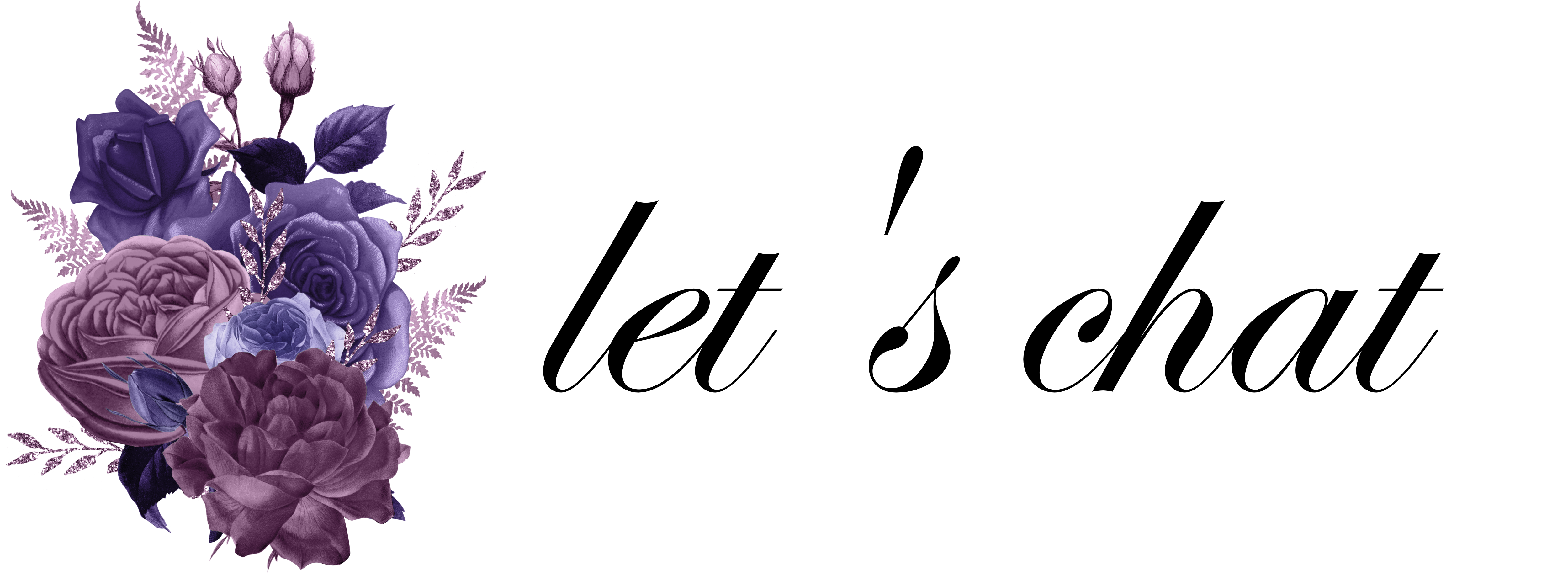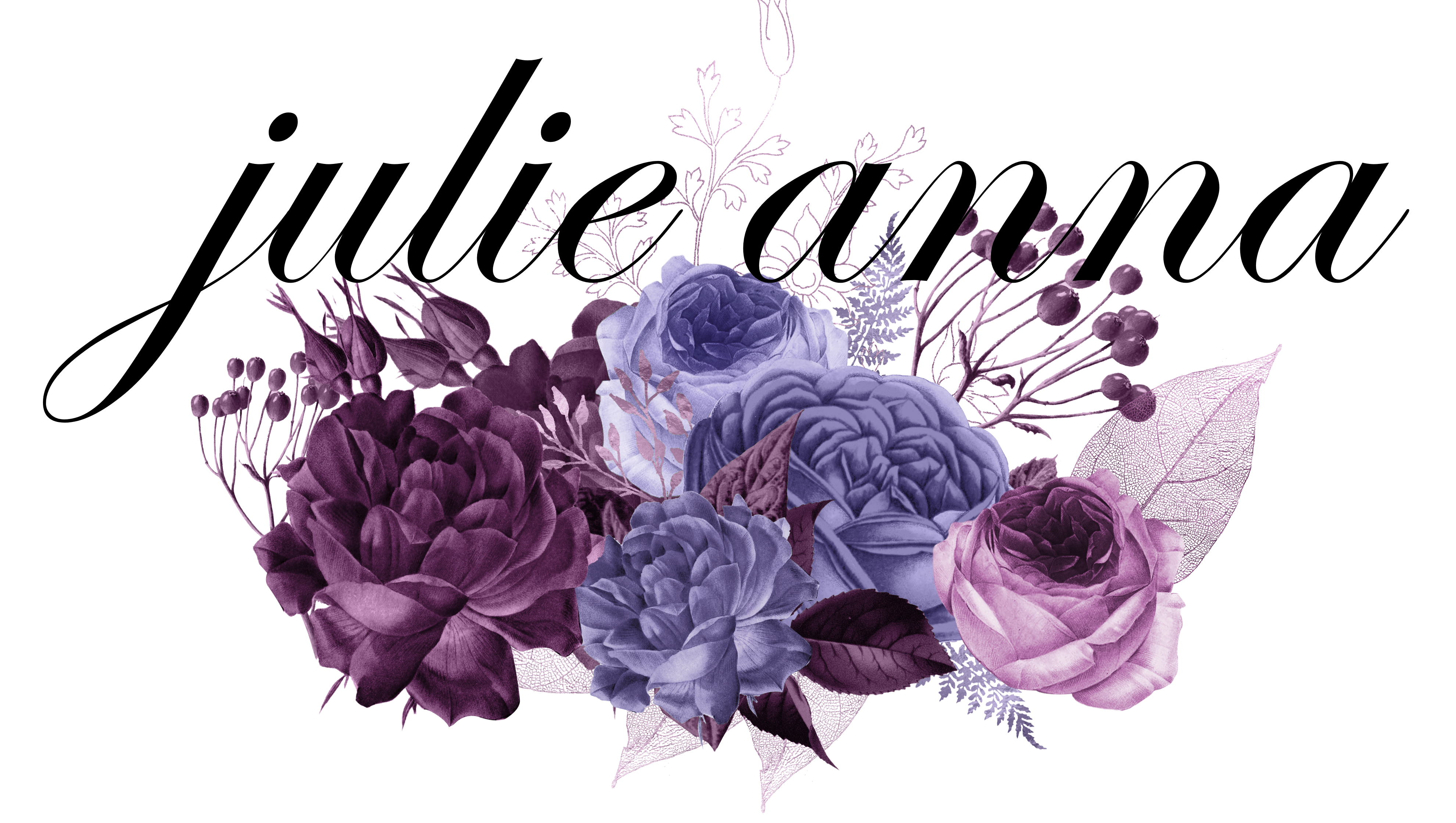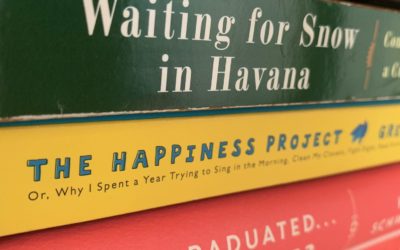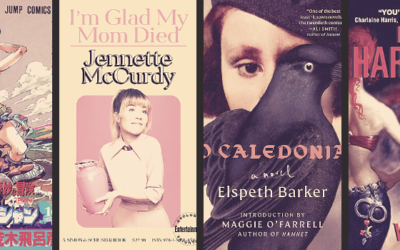Recently, I’ve been taking part in not only some book clubs, but also buddy reads! Recently Emma from Words and Peace reached out to me about buddy reading Before the Coffee Gets Cold by Toshikazu Kawaguchi. This book has been on my radar for a while, so I was very happy she asked if we could read it together! We’re currently at the halfway mark, and have been taking part in discussions for each part. In case you missed any, here are our previous discussions:

The Questions (Spoilers Ahead!)
1. We got to learn more about the shop’s characters in part 2. Was this your expectation?
Emma: I am not sure I had any expectations at this point, but I like how we gradually get to know better the connections between the characters, and their back stories. The first time we had met this character reading his travel magazines, I didn’t realize he was there waiting for the special seat to be available.
I was actually a bit surprised to have a long introduction here related to sisters (which is actually the title of part 3) before really dealing with the husband and wife. So I assume we will here more about these sisters.
Julie Anna: I’ve been keeping my expectations loose here as well, but I was really happy to see more development with these characters in this section. I also like that it took until part 2 to do that; I like how part one set the stage more than anything and gave us lots of questions to look forward to the answers to in part 2 and beyond.
2. Which of the stories did you like more so far?
Emma: So far, I cannot say I prefer chapter I or II.
In both parts, I like that despite a difficult and painful situation (here early stage of Alzheimer), the character who travels to the past comes back with a positive view on life. When Kohtake leaves the shop (pages 106-107), “she stepped lightly”, “she grinned broadly”, she has gained confidence, and now she no longer wants to hide her identity in the present to her husband, so she wants the staff to call her by her married name. Her time travel has allowed her to face reality and accept it, and make the most she can with it – helping Fusagi as his nurse.
I also appreciate the fact that when they meet in the past, Kohtake lies to Fusagi, telling him he is going to heal, with the purpose of making him happy at the time. And she also goes along with his stories. I have met several people suffering from this disease or their caretakers, and I have always heard that it’s best to just go with the flow of their version of reality. There’s no point of contradicting them, it could only give them unnecessary additional grief.
Julie Anna: I found myself liking part 2 a little more. I liked the more in-depth character development in this part, and I also liked Fusagi and Kohtake’s characters more in general. While both situations were difficult ones, the maturity both characters had in their situation, as well as their communication with each other, made this part much more moving and emotional for me.
3. We also got more descriptions of the cafe in this chapter. Do you think we will learn more? What else do you want to know about the cafe?
Emma: Actually, now the café does appear more charming than in the 1st part. We can see their effort at keeping it as in the old days, and I certainly like that type of things.
They keep insisting on the fact that the place remains cool. Is it then an important detail? How does it fit the plot? Do you have any idea on that?
At this point, not sure I’m expecting learning many other details on the place.
Julie Anna: I’m not sure what else we’ll learn as well! It feels like we got lots of bits and pieces inbetween character and plot events, so I’m not sure if that will continue. I wonder if the cafe remaining cool is a way for it to retain its original image?
4. Can you imagine seeing this book as a play in the theater? If so, what elements stand out to you?
Emma: As I said in my answers to part 1, I learned it was actually a play before being a novel. Yes, so many things work as a play here, with the entrance and exit of the different characters, for instance. And all the details about what they wear and their accessories. And the clang-dong of the bell!
I’m curious how they conveyed the passages about going back to the past though.
I looked around, but couldn’t find the play online.
However, I discovered it was made into a movie in 2018: Cafe Funiculi Funicula. I don’t know Japanese (alas), but as I know the story enough, it’s easy to follow what’s going on. I was curious to see how they conveyed the passage from present to past. A bit weird actually, to my taste.
Julie Anna: I noticed the entrance/exit of the characters as well. I also feel like the way the parts open and close (such as the closing with the ghost in this one) are reminiscent of a play. The expressions of the characters and the way we see their development also reminds me of a play, as we see them more from their outward expression and dialogue.
That was a really cool find! I’d love to watch it once I’m done reading. I’m curious to know if anyone has done this as a play though.
5. When Kohtake travels to the past, she is instructed to visualize the date that she wanted to return to in order to ensure she went to the right date and time. Is this how you imagined time travel to work in this book?
Emma: I hadn’t thought in those very specific details, but it kind of makes sense in the logic of the book, when characters want to go meet and talk to someone in particular, and before some event.
Julie Anna: I think that it makes sense too, although I wonder if there’s other elements to it. For example, I wonder if the coffee is special too, in addition to the seat? I wonder if we’ll find out about this later (although I wouldn’t be disappointed if that remains a mystery).
6. What was your reaction to Fusagi in the past, realizing he was meeting Kohtake from the future?
Emma: It’s a bit confusing for my brain that he realized she was coming back to him from the future, but it makes sense that he was trying to figure out how his illness was going to evolve. Obviously, he is not surprised to read the answer in his wife’s reaction, but as she tries to lie to him by love, it’s neat that he also tries to lie to her, trying hard to make her think he believes her.
Julie Anna: I honestly didn’t expect for him to realize she was from the future, so this part shocked me! Although in hindsight it does make sense as they both frequented the cafe often. I did like the way the conversation turned after he realized who she was (and therefore why she was there). They both seem to be learning from each other in an indirect way in order to remain polite, and I think that tone shift speaks a lot to their situation.
7. What did you think of Fusagi’s letter?
Emma: There are all kinds of levels in this letter. Again, I think because of love, he wants to be sure she will be free to leave him, instead of reducing her from the level of wife to that of nurse. But he doesn’t perceive that taking care of him as a nurse can also be the way for his wife to express her marital love towards him.
Julie Anna: I was really moved by this part, and knowing the lengths they were willing to go for each other. I think this part will especially stick with me, knowing that if Kohtake continues to care for Fusagi, she will always know in the back of her mind that this wouldn’t have been what Fusagi wanted.
On a side note, I wasn’t expecting objects to be retrievable from the past – I thought Kohtake was barely going to have time to read the letter.
Emma also had some additional questions for this part:
1. Like Fusagi, do you like sitting in a café to read?
I do, in theory! In college, I used to go every now and then to read, study, or work. But depending on how crowded it is, sometimes it’s difficult to keep my focus. Once things begin to open back up this is something I’d really like to do again.
2. What’s your favorite coffee? Do you like Ethiopian coffee?
I actually don’t drink coffee (as much as I love the smell of it)! I’m pretty sensitive to caffeine, sometimes even with black teas depending on how I take it. That being said, I am a big tea drinker. Lately I’ve been enjoying lots of varieties of green teas, with the occasional black or white tea.
3. The name of the café is Funiculi Funicula. Did you know the song with that name? I didn’t. I found a cool recording by Pavarotti: https://youtu.be/yTSAZAHiOa8. And the translation here: https://en.wikipedia.org/wiki/
But what’s the connection between the opening of the first funicular railway on Mount Vesuvius and our café here? Just the idea of traveling? Like the hot coffee is the funicular to the past??
Yes, I do! I grew up listening to lots of Italian music, and it’s usually what you hear in our home on Sunday mornings. However, I didn’t really make the connection with the lyrics! I definitely feel like the travel element is a part of it, but I wonder if we’ll find out more about the cafe’s origins and where the name came from. It also looks like from that article that the song was translated to Japanese, so I wonder if the song has lots of significance in Japan as well!

Do you regularly like to visit cafes? If so, do you like to read, study or work when you visit? Or do you like to grab and go? What is your food or drink of choice? Let us know!

This Year, I Made the Goal to Read Less – Balancing Books as a Book Reviewer
It's not everyday that you hear someone say, "I want to read less" - if at all.But being fully absorbed in the book community completely transformed my reading habits - for better or for worse. While being a book reviewer brought me the consistency and routine that's...
2023 is Here: Intentions, Reflections, and Books
So uh - hey, everybody - it's been a minute. And when I say a minute, I mean two months. And within those two months I forgot to renew my site domain and this blog wasn't even accessible for the time being.Is Buuuuuut...I'm back now? If this year has taught me...
October 2022 Wrapup: Back to the Grind
Hello hello! I hope you had a good month. This October had quite a bit going on for me, in terms of work, life, and books. Let's check it out! October in General October definitely hit me hard - but not with bad things! There was so much good that happened, but it...





I finished reading it yesterday, so I was very interested by your points of view 🙂
Oh, by the way : I thought that if the temperature is always cool, it helps keeping the café out of time ? Just like there are no windows to look outside. If the temperature remains cool all the time, you can’t tell the season. If it was hot, I think you could tell the difference between central heating or the heat outside ? My theory, just a guess 😉
That’s an interesting point! The book seems to bring up the articles of clothing that the patrons are wearing to determine the season, so that seems to be the only way to tell.
Izabel, great ideas!! I love that
Thanks for posting! You are right the connection between Kohtake and Fusagi is more developed and very interesting.
They say this was a play in Japanese before being a novel, but I don’t seem to find anyone who did that play in English.
So neat you knew the song Funiculi Funicula. I believe I was familiar with the melody, for listening a lot to operas and arias, but I had no idea about the lyrics and what it was all about!
I’d love so bad to see this as a play! I need to keep digging for it.
Yes, I feel like the melody is much more popular! I know it’s been parodied a lot in America but I didn’t know it was so globally recognized outside of that.